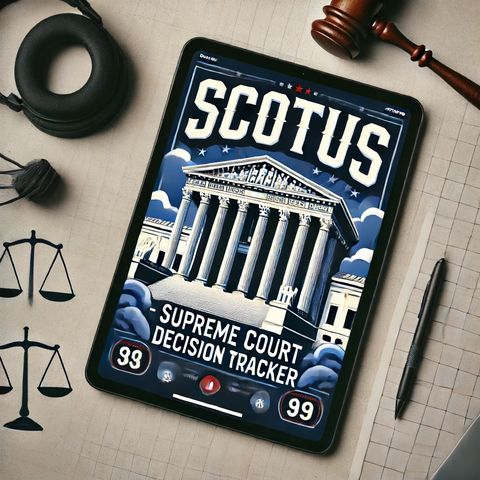"Judicial Influence: How Supreme Courts Shape Global Educational Equity"

Download and listen anywhere
Download your favorite episodes and enjoy them, wherever you are! Sign up or log in now to access offline listening.
"Judicial Influence: How Supreme Courts Shape Global Educational Equity"
This is an automatically generated transcript. Please note that complete accuracy is not guaranteed.
Description
The Supreme Court of the United States has played a pivotal role in shaping the landscape of American educational policy, notably through landmark decisions such as Brown v. Board of...
show moreThe role of the highest courts in affecting educational policies is not unique to the United States. Globally, supreme courts often step into situations where legislative actions or inactions impact the accessibility and quality of education. For instance, in Brazil, while not directly an educational case, the function of the Supreme Court in moderating elements of governance, including the recent consideration of a ban on the social media platform, X (formerly known as Twitter), demonstrates its interpretative power over constitutional rights which indirectly influences educational environments. Access to information is a cornerstone of educational equity, and the court's decisions can influence both what resources are available to educational institutions and how they are utilized.
In Sri Lanka, another remarkable invocation of judicial power saw the Supreme Court ruling against the cancellation of local elections, thereby reinforcing the democratic framework within which educational policies are often debated and shaped. After significant political protests and instability in 2022, the decision underscored the court's role in safeguarding democratic processes, which includes ensuring governance decisions that influence educational policy undergo necessary democratic scrutiny.
From these observations, it becomes evident that supreme courts around the world play a crucial role in protecting and shaping the policies that affect educational equity. By upholding constitutional guarantees to education and equal protection under the law, these judicial bodies contribute significantly to the ongoing global discussion about education as a fundamental human right. This dialogue is critical for addressing the disparities and challenges faced by different populations in securing quality education, paving the way for more informed, equitable, and inclusive educational policies.
Information
| Author | QP-4 |
| Organization | William Corbin |
| Website | - |
| Tags |
Copyright 2024 - Spreaker Inc. an iHeartMedia Company
